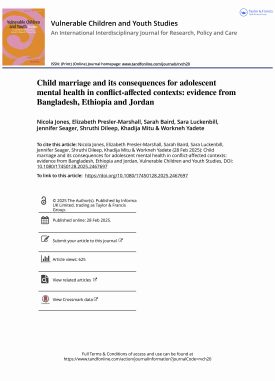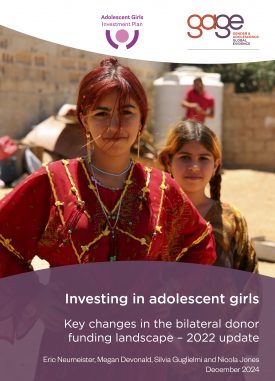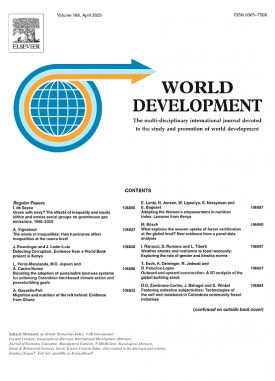Recent years have seen an upsurge in parent education programmes in low and middle-income countries (LMICs) that aim to help reduce violence against children. This article draws on a narrative review that examined the impact of 42 programmes working with parents of adolescents in LMICs. Here we focus on 17 initiatives that aimed to reduce neglect of, or physical, emotional or sexual violence against adolescents, or to reduce child marriage. Programmes aiming to prevent sexual violence or child marriage generally focused more strongly on understanding and challenging prevailing norms, while those oriented to preventing physical and emotional violence emphasised sharing information and practising new communication skills. We argue that key elements of programme design (group-based participatory sessions, formative research that enabled sensitive framing and adaptation of content) have strong potential to help shift norms that underpin violence against adolescents. To fulfil their potential to change norms underpinning violence against adolescents, programmes should expand their reach, with a particular focus on embedding initiatives within institutions that can take them to scale, promoting male engagement, and support participants to maintain changes over the long-term.
Suggested citation
Marcus, R., Rivett, J. and Kruja, K. (2020) ‘How far do parenting programmes help change norms underpinning violence against adolescents? Evidence from low and middle-income countries.’ Global Public Health. (https://doi.org/10.1080/17441692.2020.1776364.)


